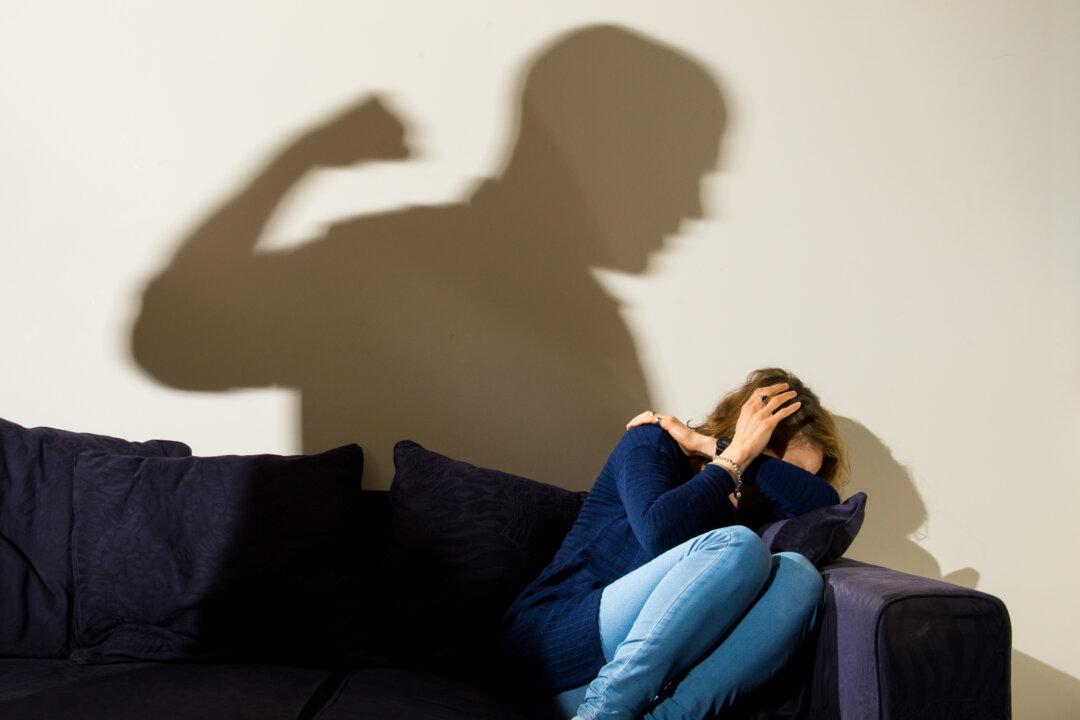Home Secretary Suella Braverman announced “one of the toughest suites of measures” ever to combat domestic violence in England and Wales.
Under the new arrangements, the most serious domestic violence abusers will be monitored more closely and subjected to electronic tagging to protect their vulnerable partners, ex-partners, and children.





